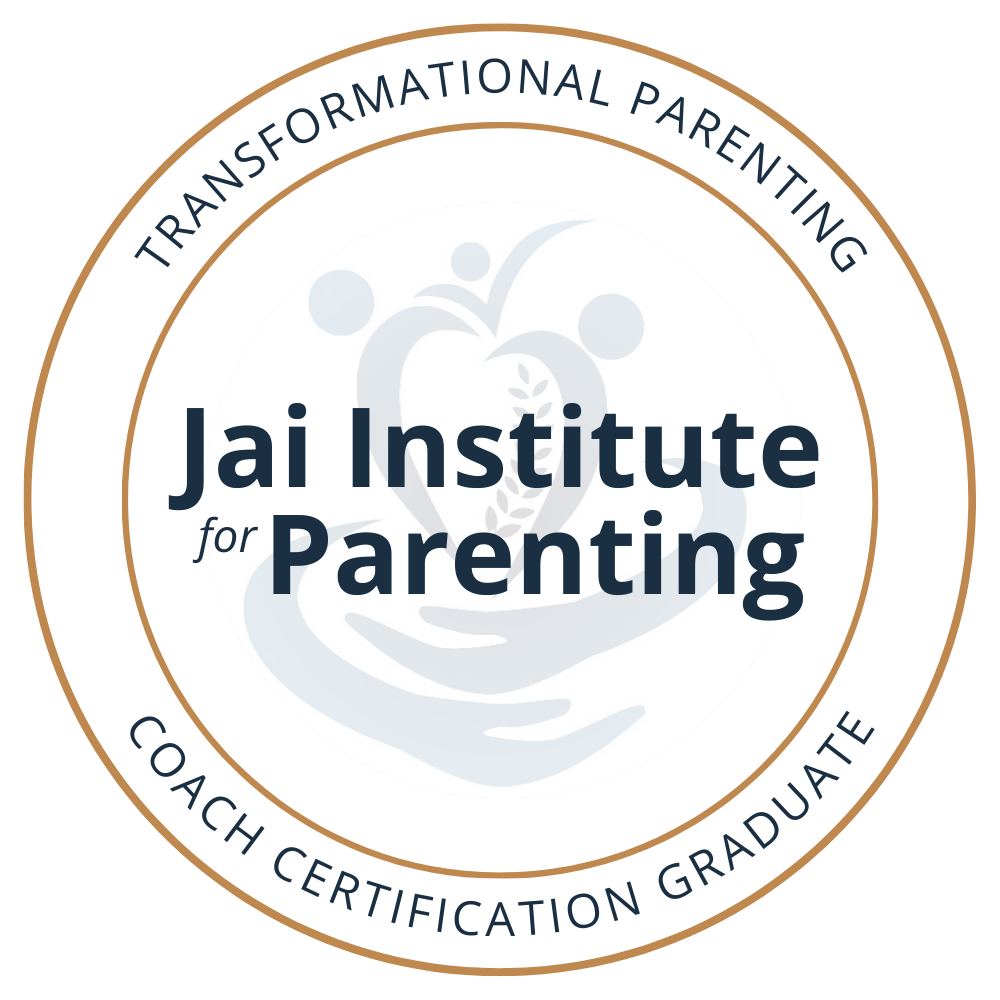How we show up in our child’s emotional moments matters deeply. This is because we are quite literally teaching them the nature of how to show up for their own emotions as they grow older and into adulthood. We have this amazing opportunity to help shape the quality and level of connection of our child’s relationship to not only themselves, but also for their future relationships with friends, partners, spouses, and coworkers.
The following charts are common lines or scenarios I’ve heard and witnessed in both my professional career and personal life. These examples are familiar in our culture that span across generations. I want to highlight and name the various ways we meet a child’s emotions and what the child infers about themselves based on the quality, tone, and words we use.
My hope is that it can be used as a tool for self-reflection and conscious recognition. It is important to remember that no parent is perfect. At PlaySpace, we focus on growth over perfection and fostering self-compassion.
Suppression, Distraction, Isolation
| How we meet the emotion in the moment | What it teaches them for their future |
|---|---|
| Suppression: “Stop crying”, “You are making a scene”, “No, you do not get to feel sad/mad about this”, “That’s not a real cry, stop”. | It is not safe for me to feel and express my emotions in the company of another. I must suppress and hide how I truly feel. |
| Distraction: Repeatedly distracting a child away from the emotion by trying to appease, save them, or by primarily giving them things to stop their upset like the ipad, candy, or TV show. | Feelings are scary. When I start to notice an uncomfortable feeling, it’s too overwhelming and I must distract myself through food, technology, alcohol, social media, etc. It is too hard to sit with my disappointment. |
| Isolation: “Go to time out and you can come out when you are ready to act like a big girl” or “Go to your room if you are going to cry like that!”, or “You should feel embarrassed for how you acted at dinner in front of our family last night.” | I am only lovable and accepted in my positive emotions. My parents will withdraw love and connection conditionally. I must learn to manage and deal with my emotions alone. No one can help me or can handle how I truly feel. |
Validation, Connection, Empathy
| How we meet the emotion in the moment | What it teaches them for their future |
|---|---|
| Validation: “You are feeling really mad that we are out of your favorite snack. I totally understand. I would feel mad and disappointed too.” | My feelings matter. People want to understand me. I am worthy to feel seen, heard, and valued. |
| Connection: “You are feeling sad. It is okay to cry and let it out. Do you want a hug? I’m right here with you. I am not going anywhere.” | Feelings can be both comfortable and uncomfortable. It is a normal part of being human. This feeling won’t last forever and I am capable of handling it. I am loved and not alone. |
| Empathy: “You broke your toy when you were angry last night. We all get mad sometimes. What do you think you can do differently next time? Maybe you can stomp our feet when you are mad or take a break. Let’s try it next time. I’ll help you. I love you.” | I am valued and worthy of love no matter what. I do not need to perform or work for love and assurance, because I am always enough and loved. I can have compassion for myself when I make mistakes. |
Learning to Ride the Emotional Waves
One thing we know for certain is that we do not have full control of outside circumstances. Life is a whirlwind of ups and downs. We will experience the spectrum of all emotions throughout our lifetime, or even by noon on any given day. We are never going to be consistently happy or sad. We want to teach our children that all emotions are a part of the human experience—they are not good or bad, just comfortable and uncomfortable.
Emotions rise and fall like waves and it is a vital and useful life skill to learn how to ride them. This teaches children that emotional waves are normal and inevitable, they do not last forever, and they are capable and equipped to handle them.
Suffering occurs when we try to control the waves by standing on the shore trying to stop them from crashing (suppression), staying on the shore and keeping busy for fear of being swept away (distraction), or by simply not accepting invitations to the beach at all (isolation).
Parents have an incredible opportunity to help prepare their children for the vastness of life and the various emotions that come along with being human.
I believe that the ultimate secret to life is not about always trying to feel better, but about getting better at feeling.
Helping a child regulate and understand their emotions by validating their experiences doesn’t reinforce a challenging behavior, it actually promotes the behaviors and values we want to see in their present and future selves.
“You can’t teach children to behave better by making them feel worse. When children feel better they do better.”
– Pam Leo
In the Transformational Parenting Program, we extensively cover the topic of building emotional intelligence as well as how to help our children foster these skills for themselves.
Click Services to learn more and book a discovery call.



